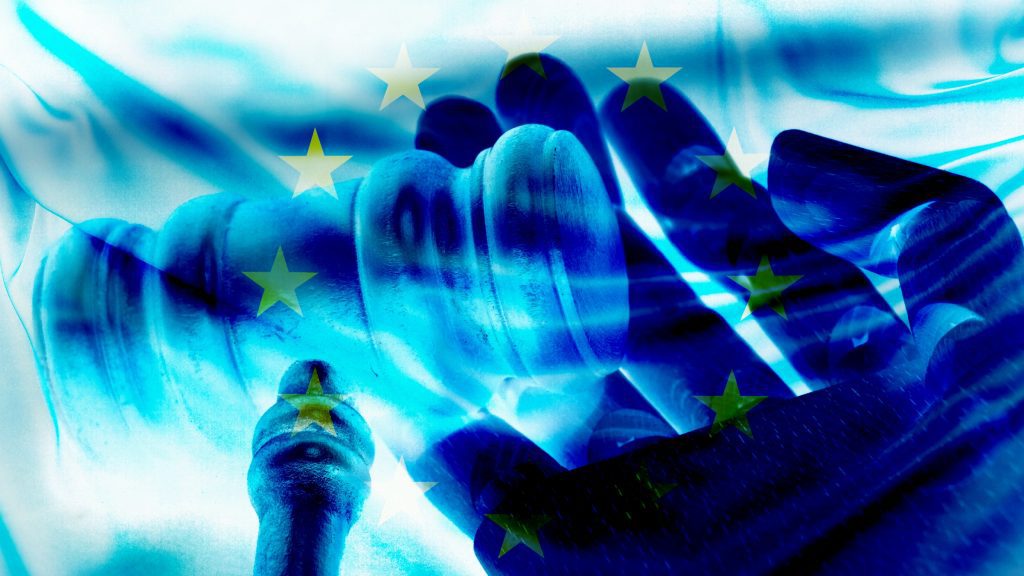
On Sunday’s trade deal with the US, and despite claims by the European Commission that its digital regulations remained untouched over the EU US trade talks, Washington officials say those rules are still up for debate, fueling uncertainty over the future of the EU’s tech legislation.
The handshake agreement between the Commission’s President Ursula von der Leyen, and US President Donald Trump was intended to ease transatlantic trade tensions, not fuel it even further.
But the EU US trade deal ambiguity over the terms has allowed both sides to spin their own narratives. While Brussels insists that laws like the Digital Services Act (DSA), Digital Markets Act (DMA), and AI rulebook are off the table, US officials continue to press for changes.
“That’s going to be on the table,” US Commerce Secretary Howard Lutnick told CNBC, referring to EU digital rules.
Lutnick reaffirmed that US tech companies see the European content moderation and competition rules as barriers, despite EU officials repeatedly saying that such US trade deficit with the EU issues are not up for negotiation.
A senior EU official responded Monday, saying, “There is absolutely no commitment on digital regulation, nor on digital taxes,” underscoring the bloc’s position that its right to regulate the EU and US trade balance which has autonomously not been compromised.
EU US Trade Talks and Regulatory Uncertainty
While EU officials maintain that no concessions were made, wording in the EU US trade talks deal has left the door open for future free trade agreement between US and EU challenges. Von der Leyen acknowledged that both sides would work to address “non-tariff barriers,” a phrase the White House later interpreted to include “unjustified digital trade barriers.”
A prominent US Republican and chair of the House Judiciary Committee, Jim Jordan, suggested during a visit to Brussels that the DSA could still become “a discussion item” in ongoing trade talks.
That EU US trade dispute trump sentiment was echoed by Lutnick and followed by a White House fact sheet claiming the EU had agreed to abandon controversial network fee proposals—charges that would require major US. platforms like Netflix and YouTube to contribute to European telecom infrastructure.
EU trade spokesperson Olof Gill confirmed that network fees were off the table for now but stressed they “are not moving on our right to regulate autonomously in the digital space.”
Still, observers warn that Brussels may face mounting US pressure, especially if it resumes discussions on telecom reform.
“It sends the wrong signal: If we fold under pressure, what’s to stop Trump from coming after our legislation next?” said Brando Benifei, a key EU lawmaker on the AI Act.
While the Commission tries to present the deal as a diplomatic win, growing EU US transatlantic trade and investment partnership suggests the EU US trade talks tech sovereignty remains far from settled.
Inside Telecom provides you with an extensive list of content covering all aspects of the tech industry. Keep an eye on our Tech sections to stay informed and up-to-date with our daily articles.